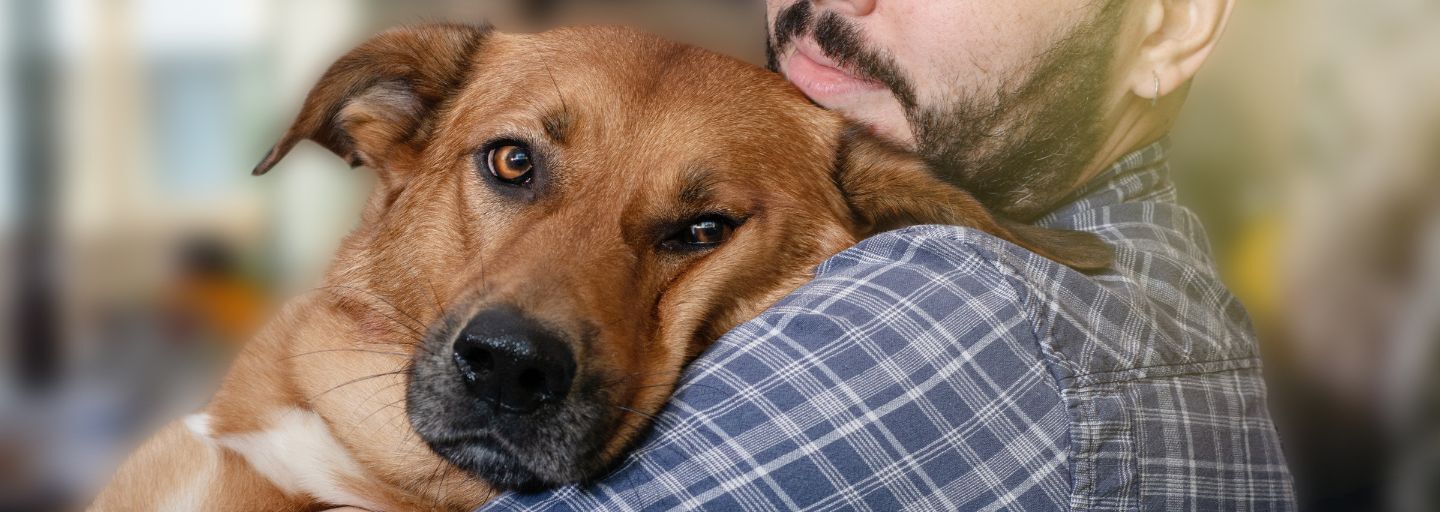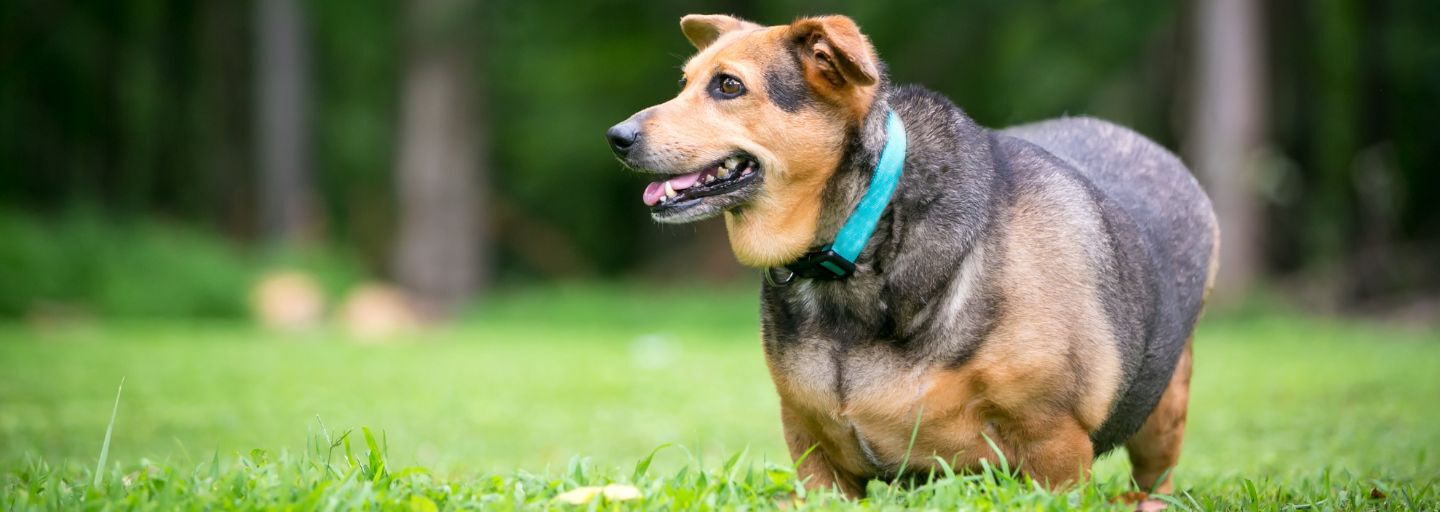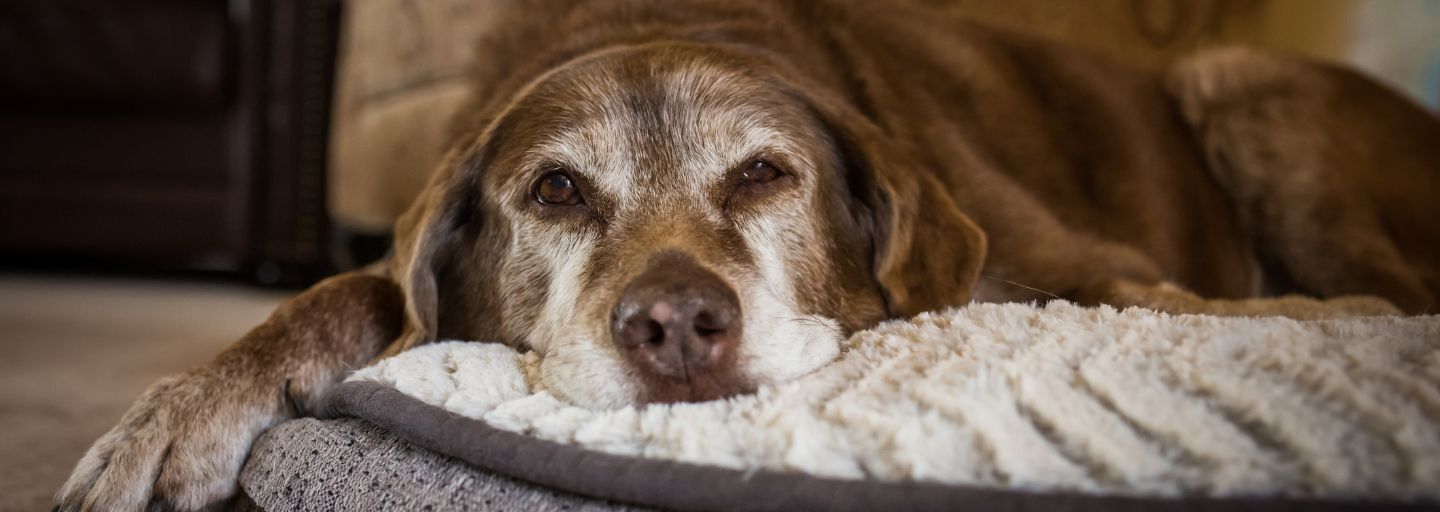As your beloved canine companion ages, it's important to ensure that their later years are filled with joy and good health. With regular veterinary care, daily attention, and proper nutrition, your senior dog can experience a rewarding and fulfilling life.
Acknowledging the changes in your dog's body condition as they grow older is crucial. Just like humans, their bodily functions may slow down or become less efficient. Senses such as vision, hearing, taste, and smell may deteriorate, while appetite may decrease, leading to weight loss and a more prominent skeletal structure.
How old is your dog?
Determining your dog's age can be challenging, especially if you haven't had them since they were puppies. Factors such as breed, lifestyle, diet, exercise, and medical history all play a role in their lifespan. Generally, smaller breeds tend to live longer than larger breeds, with larger dogs often considered "old" at around seven years of age.
To identify signs of aging in your dog, observe their behavior and physical appearance. Watch for a decline in energy levels, apparent stiffness in joints, difficulty getting up or after exercise, changes in skin texture and coat quality, decreased response to commands, dental and gum issues, the appearance of lumps or growths, excessive thirst and urination, confusion or disorientation, reduced appetite, mood changes, and changes in sleep patterns. Regular check-ups with your vet are crucial for early detection and treatment of any age-related health issues.
How to keep your pet young
Exercise remains vital for your senior dog's well-being, but it's important to tailor it to their capabilities. Obesity and arthritis are common concerns in older dogs, so consult your vet before starting or modifying an exercise program.
Establishing a consistent daily routine is beneficial for your dog's physical, mental, and emotional health. Maintaining a healthy skin and coat through regular grooming sessions and bathing is essential. Dental care is also important, as older dogs are more susceptible to gum disease and tartar buildup. Emotional support and understanding the psychological changes your dog may be experiencing are crucial during their senior years.
Understanding your senior dog's changing nutritional needs is paramount. As dogs reach the age of seven and beyond, they become less active with a slower metabolism, requiring fewer calories. However, high-quality, easily digestible protein becomes even more important to maintain overall body condition. A good senior diet should provide concentrated, low-fat protein, easily digestible carbohydrates for energy, key minerals to support aging joints, and vitamins that help bolster the immune system.
Manufactured senior dog foods are formulated to meet these changing nutritional requirements, ensuring your dog receives essential nutrients without compromising their enjoyment of mealtimes. Feeding them smaller, more frequent meals may be preferred by older dogs.
Purina offers several brands that cater to the needs of older dogs, in our Supercoat and Pro Plan range.
By providing proper medical care, exercise, a consistent routine, grooming, dental hygiene, emotional support, and appropriate nutrition, you can enhance your senior dog's quality of life and make their golden years truly rewarding.







